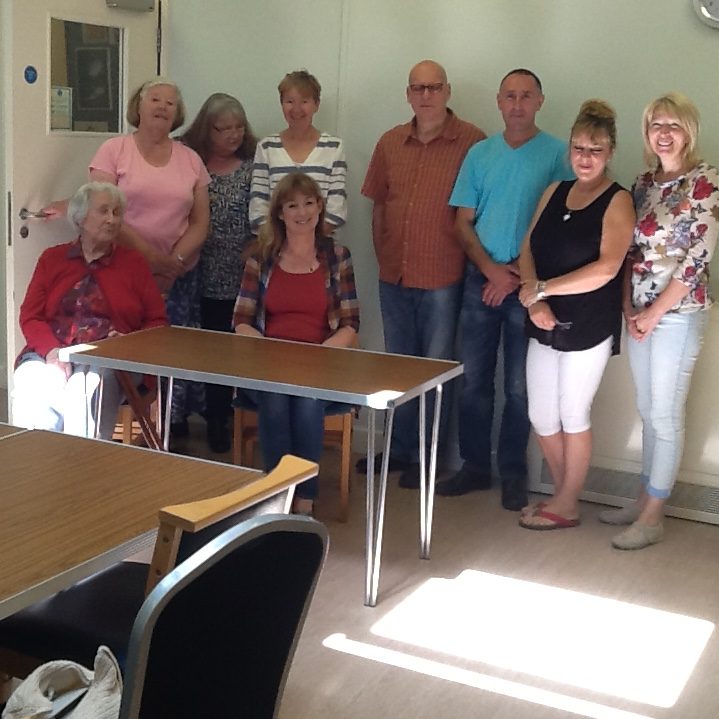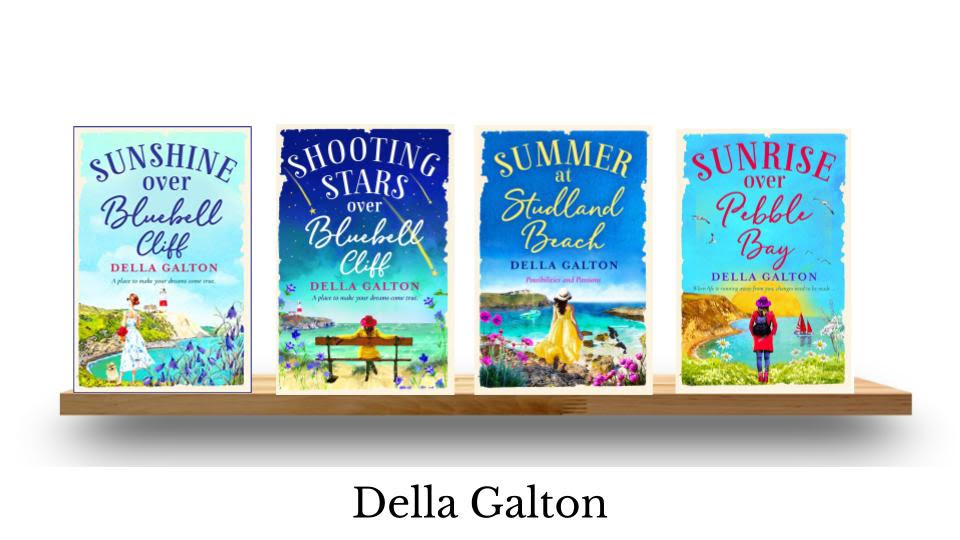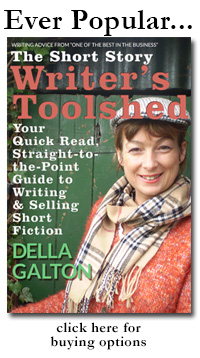Writers are in the business of selling emotion. I forget who said that, but it’s true. We read – or at least I do – because we want to feel something. We might want to feel amused, uplifted, scared, touched, nostalgic or excited – or any combination of these. But we always want to feel something. We want to escape into an alternative world. A good writer will take us there. They will make us feel emotion. How do they do it? Well I can tell you how I do it.
- Create Larger than Life REAL FLAWED Characters We have to care about the characters. Which means they have to be interesting. They need something that we love or possibly hate about them. They cannot be bland. They should be larger than life. Thing big. Flawed characters are great. So give your characters flaws. This is part of a review left on Ice and a Slice by James Nash. ‘This is ‘real life’ in all its complicated glory, challenging, gritty and very, very funny.’ Paradoxical flaws are the best I find. Especially if you don’t tell the reader straight away why the character has them. For example, in my novel The Morning After The Life Before, one of the main characters, Didi, has a phobia of white. She can’t eat white food, she can’t keep milk in her house. She can’t have white appliances in her kitchen. Yes there’s a very, very good reason and it’s a vital part of the plot but I don’t reveal that until later in the novel.
- Use Universal Truths We all know what it’s like to feel we don’t fit in. That we’re not good enough. That we’ve been abandoned. That we’re not loved. We all know what it’s like to be human. Capitalize on these universal truths. Make your characters feel them. Transfer onto the page how you felt – when YOU felt these very powerful emotions.
- You MUST Care It’s very hard to write emotion by numbers. The first person who has to care about the characters is you. And I mean you have to really care. You can’t just pay lip service to it. You can’t write emotion from a distance. You have to care so much you’ll feel pain if your character were to die. Bring this pain in from your own experience. We all know what it’s like to feel extreme pain. Use it, relive it, get it on the page. Wring out your soul. That may sound overdramatic (not to mention painful!) but it really works. What comes straight from the heart goes straight to the heart. If you feel it I guarantee your readers will feel it too. Don’t hold back. Don’t skate over emotions – they are everything. Absolutely everything.
- Go For High Stakes Give your characters emotionally charged dilemmas. Make the stakes high. Loss of love, loss of life, loss of family. If you take us into a war zone I guarantee we’ll care. If you take us to a life threatening situation or a death bed situation we’ll care. If you show us the tenderness between mother and child, or of any kind of unconditional love we’ll care.
Also – try to keep it real. We are interested in the nitty gritty bits of human life. The specific details.
I’ve had some amazing feedback on my Ice series. I’ve had many many emails from reader telling me they loved SJ because she is warm and very flawed. In Ice and a Slice she is struggling with a drink problem. She is very much in denial. One of my reviews for Ice says, ‘SJ is flawed and vulnerable and sweet but also sometimes self centred and thoughtless, just as people in real life are. She often tries to do the right thing with it backfiring spectacularly – sometimes with comic results.’
I was so thrilled to read this. And it brings me on to my next point.
One last bonus tip. Pathos and humour are amazing if they are on the page side by side. One will point up the other. Don’t be too dark. There is humour in the darkest situation. And actually, not so often quoted, there is pain in the lightest situation.
Ice and a Slice is half price between December 27th 2015 and January 3rd 2016
Book two in this series, The Morning After The Life Before, is half price between Jan 3rd 2016 and January 10th 2016.
Happy New Year 🙂





I love this advice and its so true. My winning story for the over fifty plus magazine competition told of a struggle to survive rapid tuberculosis in 1959 and how I was not allowed to see my son for a whole year. It was sad and at times quirky which tugged at the heart strings but even in the darkest moments it was at times funny. My book Daddy’s Little Spy by Isabella Rose set in and after the second world war had the same mixture of horror and humour. Thanks for the tips Della.
Thanks for popping by, Isabella. your book sounds powerful.
Thanks so much for another inspiring and helpful blog Della. You are so generous with your advice and it is appreciated so much.
Have a wonderful, healthy, happy and prolific 2016 xx
Hi Della, Thank you for your advice which is fantastic as usual. Will make sure I make use of it when I start writing my next story.
Hope 2016 is a good one for you.
Linda
Thank you very much, Della, for yet more gems. I hope that one day my name will become recognised among the writers I admire and I can publicise all the inspirational writers I’ve been in contact with.
What a lovely thing to say, Emma. Thank you 🙂
Really interesting post Della and lots to think about. I’ll be using those suggestions in my WIP.